If You Ever See This Bug, Follow These Steps Immediately
Published on December 12, 2021You’ve probably seen a few odd bugs here and there throughout your life. Some people freak out because they don’t like insects, and others brush it away and go about their lives.
However, there’s one particular brown bug that experts warn you should keep your eyes peeled for. They’re often found in grass, flowerbeds, and the cracks of houses. Though it appears harmless, this pesky insect is a very destructive gardener, and you want to be prepared.
Stay alert! If you happen to see this bug, there are certain steps to follow. What does it look like, and what does it do? Read on to learn more!
Tiny Brown Bug
Insects aren’t always easy to spot, especially if there are plenty of flowers or a wooded area. They tend to blend well, especially if the bug is brown and small. However, that’s exactly what you should watch for!
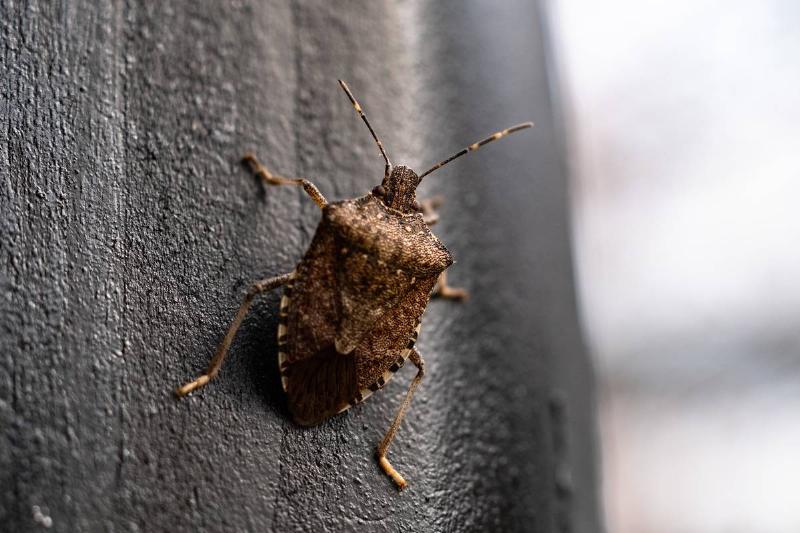
If You Ever See This Bug, Follow These Steps Immediately
Published on December 12, 2021Shield-like Body
Experts want people to watch their surroundings while outside. A tiny brown bug could be in the yard. It has six legs and a body that looks like a medieval shield. When fully grown, it’s about 0.7 inches long and unique.
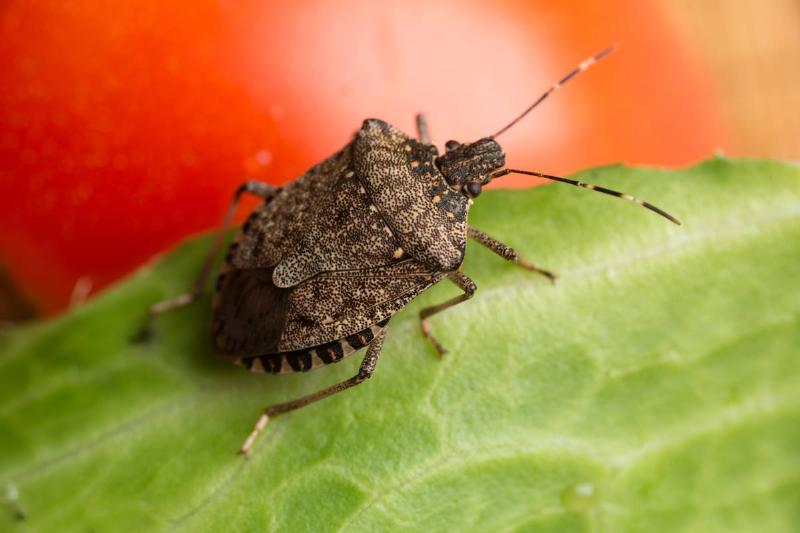
Small But Not Necessarily Harmless
These brown bugs are tiny, but they can still wreak havoc if they’re undetected. That’s why people must be vigilant. The bugs have wings and can walk and could end up in your house!
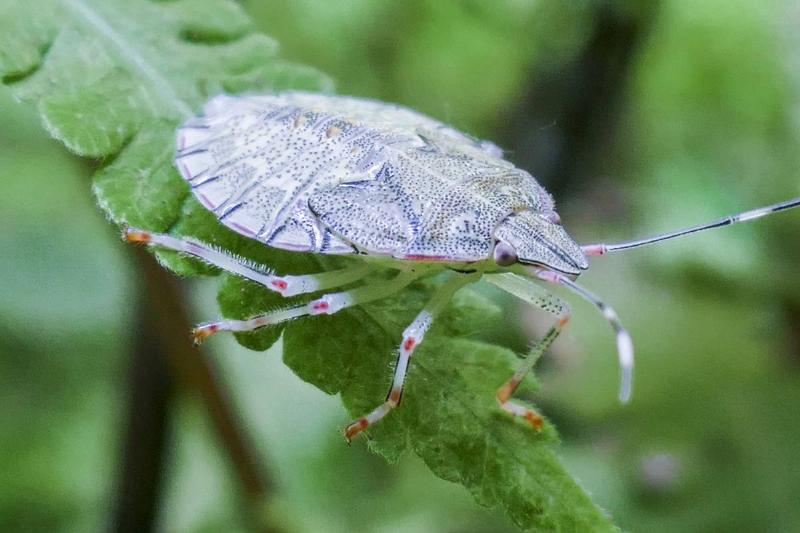
Small But Not Necessarily Harmless
Find Ways into Homes
Their wings aren’t to be taken lightly. If they want, they can fly up and get into homes through curtains, cracks, and walls. That’s why people must be aware if they see them in the yard.
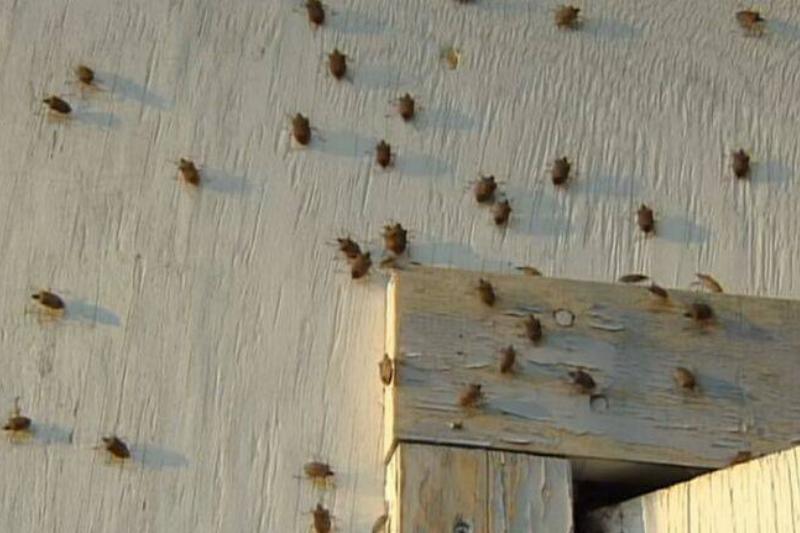
Find Ways Into Homes
If You Ever See This Bug, Follow These Steps Immediately
Published on December 12, 2021Brown Marmorated Stink Bug
It’s crucial to know what insects are flying around the yard. This is especially true for Halyomorpha halys or the brown marmorated stink bug. It’s a horrible name for a bad bug that wants to infest homes and gardens.
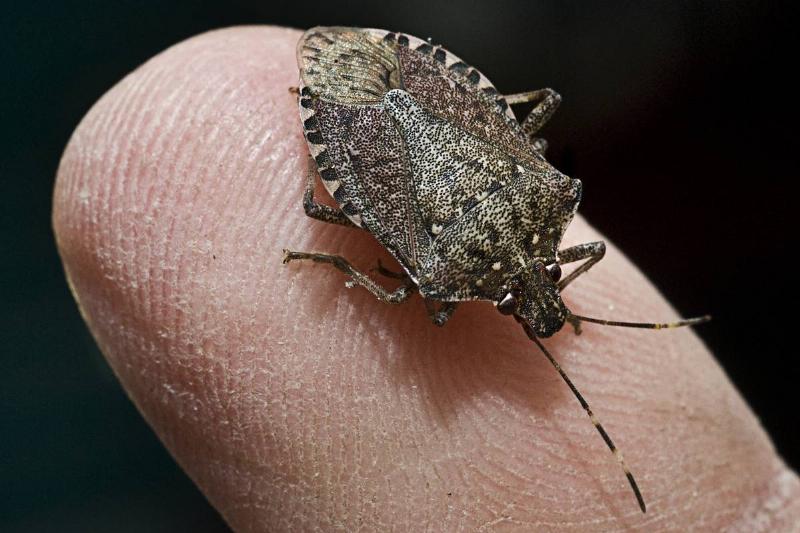
Brown Marmorated Stink Bug
Accidentally Introduced in 1998 to the USA
This stink bug was originally in Asia, China, Japan, and Korea. However, in 1998, it was also spotted in Allentown, Pennsylvania. Scientists believe it was brought over and started becoming a huge pain for the Eastern US.
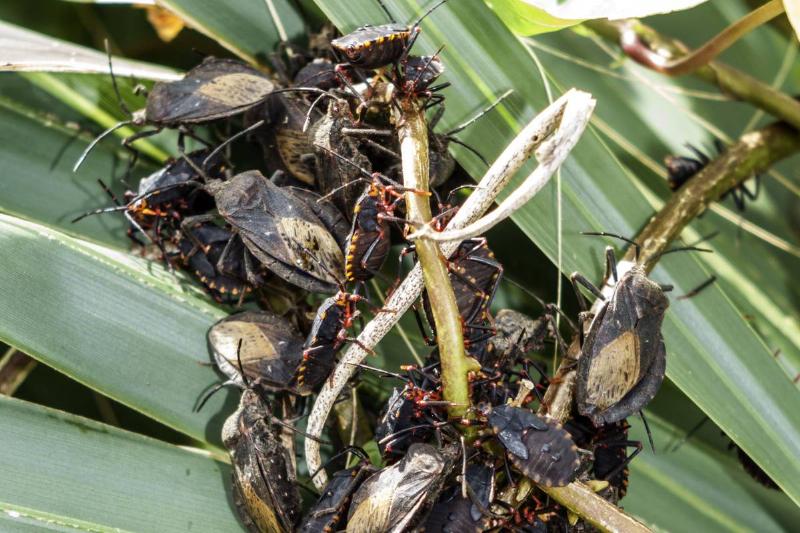
Accidentally Introduced In 1998 To The USA
How the Bug Traveled by Max Barclay
One expert backtracked to the bug’s origins and believes he knows how it made its way through multiple countries. Max Barclay works at the National History Museum for the Coleoptera collection. He thinks the bug first got to the United Kingdom.
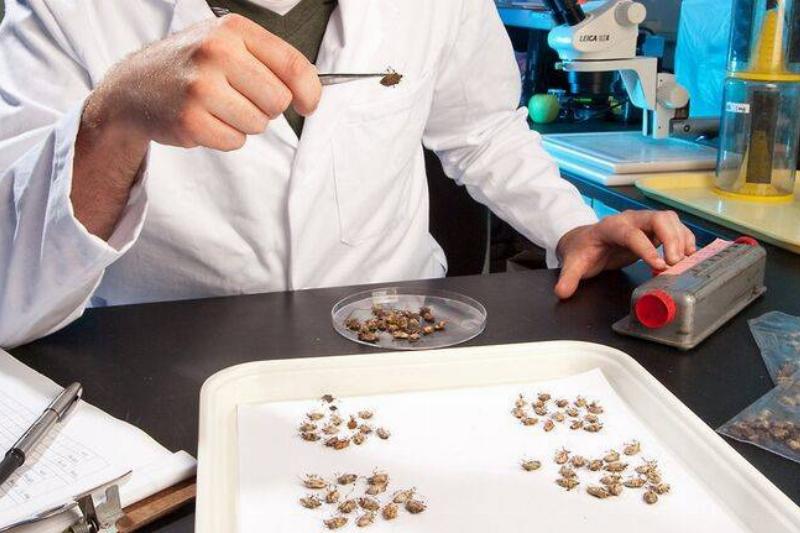
How The Bug Traveled By Max Barclay
Predicted Another Arrival in 2014
In 2014, Barclay said he thought this brown marmorated stink bug might move from the east to Britain, and he wasn’t wrong! This bug was first spotted in Natural History Museum gardens in 2020.
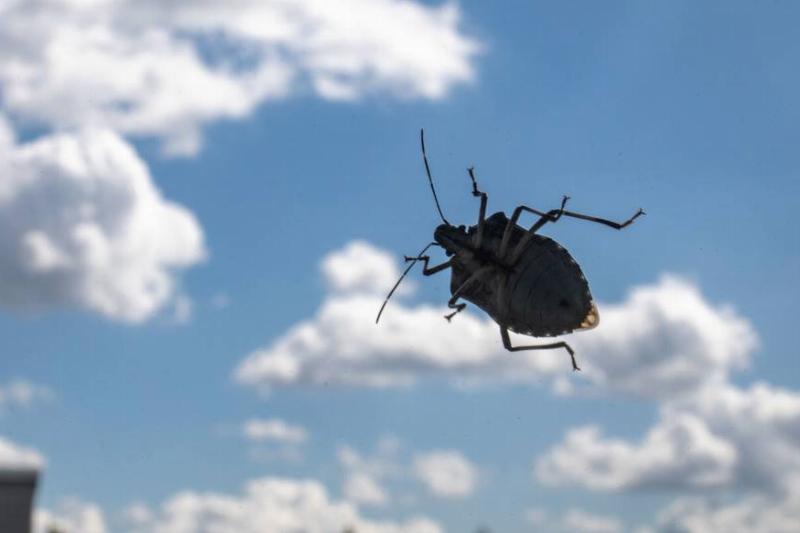
Predicted Another Arrival In 2014
Packaging, Pallets, and Shipping Crates
Sadly, that prediction came with the news that the stink bugs came and then never left because they established themselves fast. Since they move indoors during the winter, they can arrive in pallets, packaging, and shipping crates.

Packaging, Pallets, And Shipping Crates
Thrive in Warm Weather
The insects don’t do well in colder climates, so they go into shipping crates to sleep during winter (diapause). When the cold weather is over, though, all bets are off. They enjoy warm weather and thrive in it.
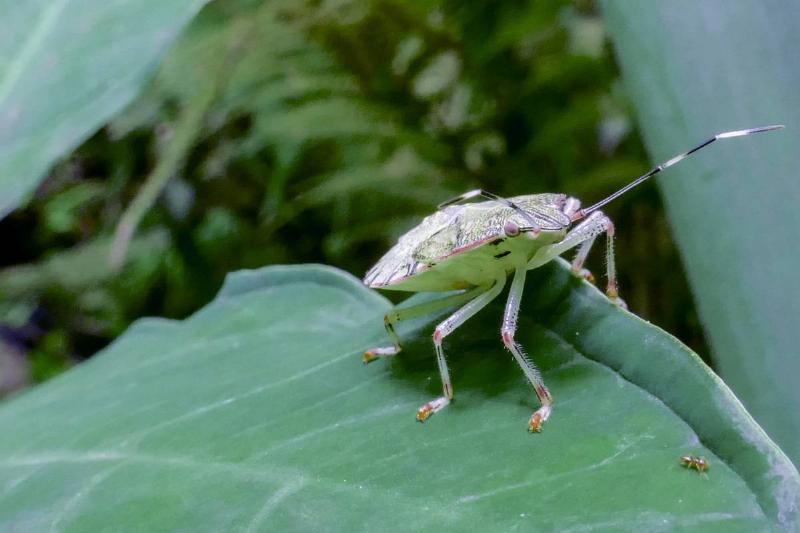
Thrive In Warm Weather
Climate Change Helps Stink Bugs Invade
The climate change debate says that the earth gets warmer each year. If that’s true, then humanity might have a major stink bug invasion. Research from the International Biometeorology Journal predicted that the bug could be in Switzerland in the 2010s, making that country its home.
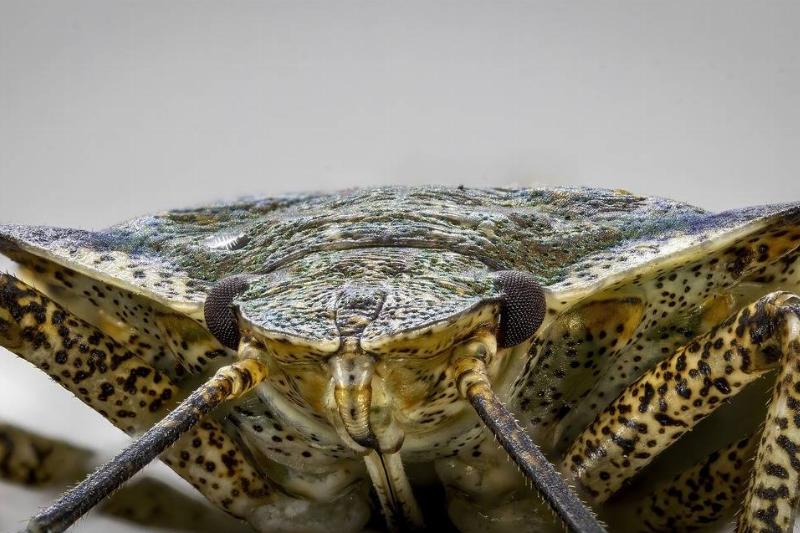
Climate Change Helps Stink Bugs Invade
If You Ever See This Bug, Follow These Steps Immediately
Published on December 12, 2021Hitched a Ride to Switzerland
That research was correct. The journal said that there was crop damage and higher stink bug populations in Switzerland from 2017 onward, which also works to increase temperatures.

Hitched A Ride To Switzerland
If You Ever See This Bug, Follow These Steps Immediately
Published on December 12, 2021Bad News for Swiss People
Dr. Haye works at the Center for Agriculture and says that there’s strong evidence that species are modifying because of climate change. Those non-native species are sure to increase, and warm weather promotes that establishment.
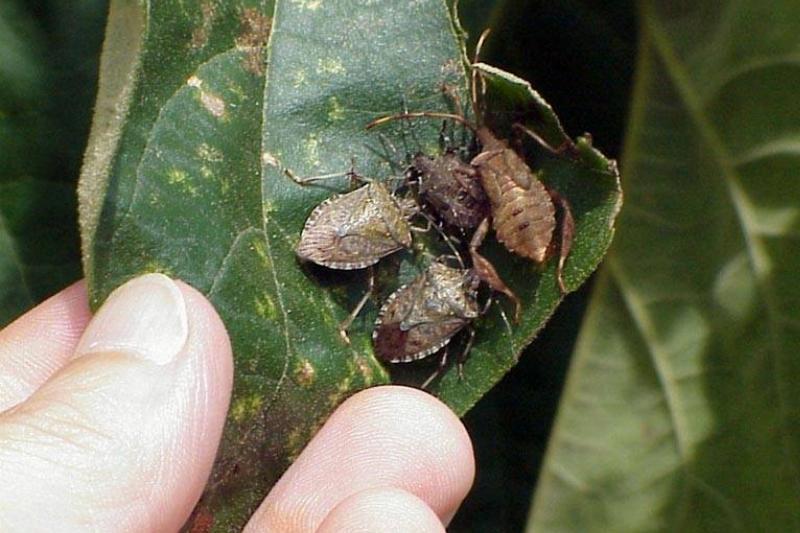
Bad News For Swiss People
Not Safe at High Altitudes
In his paper, Dr. Haye explained where the stink bugs might infest, saying they might head south and to the foothills of the Alps. From there, he claimed that higher latitudes might become suitable as the climate changes even more.
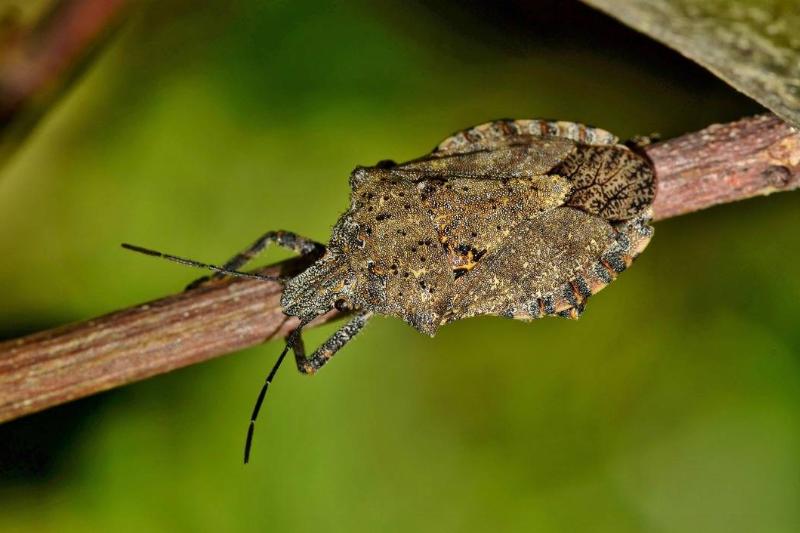
Not Safe At High Altitudes
Infestations of 1,000s
The paper suggests that it’s a matter of time before the population of stink bugs gets out of hand. It’s crucial to watch for these bugs in your home or yard. That way, you don’t end up with an infestation of 1,000 or more.
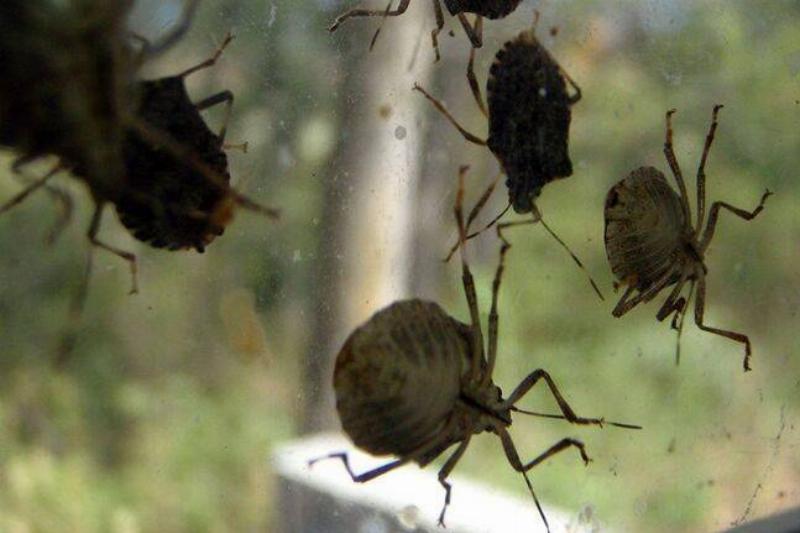
Infestations Of 1,000s
Pennsylvania to North Carolina
In the US, the bugs didn’t come into the country until 1998. They moved from Pennsylvania to New Jersey and into Virginia by 2004. Recently, they’ve been found in North Carolina, and that’s not all!
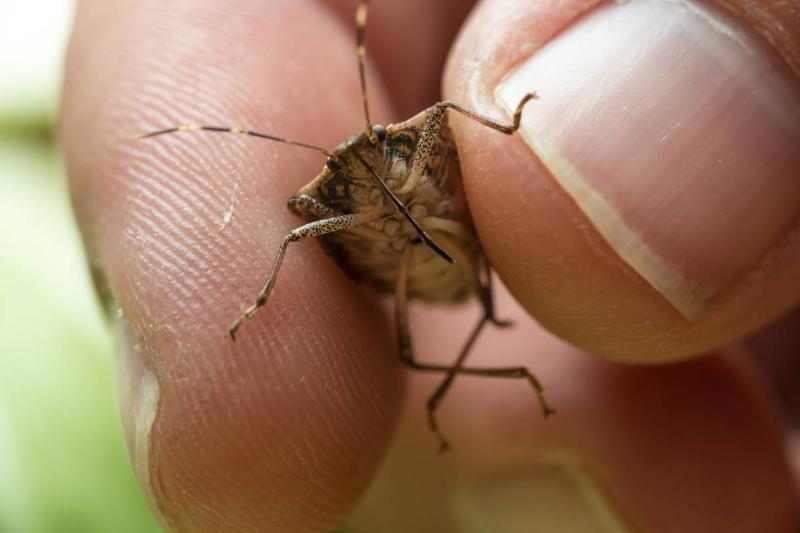
Pennsylvania To North Carolina
44 States and 25 Years Later
Unfortunately, the stink bugs haven’t stayed along the eastern coastline. They’ve infested about 44 states total out of 50. Amazingly, it took just 25 years to make it that far.
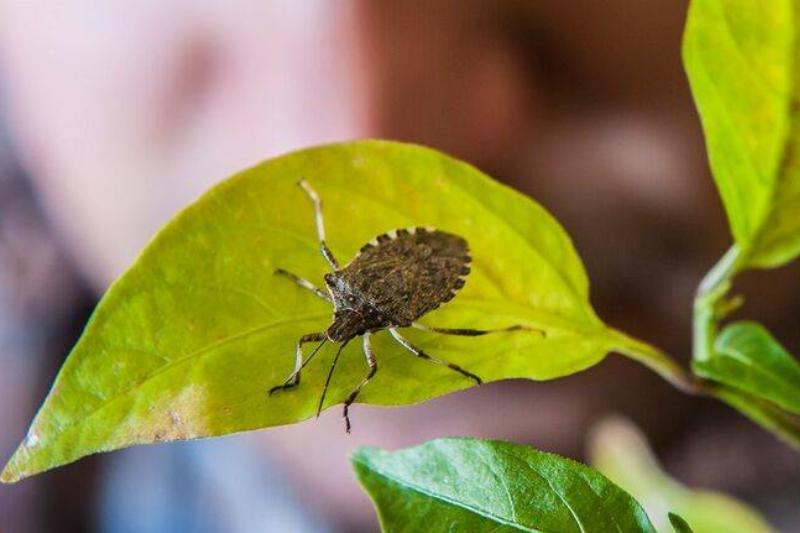
44 States And 25 Years Later
Almonds or Cilantro
The stink bug releases a special odor. Some say it smells like cilantro, but others believe it’s more like almonds. Regardless, if you smell those things in your garden and aren’t growing them, there’s an issue!

Almonds Or Cilantro
Can’t Wipe Them Out
There’s no way to get rid of such an invasive species, but people can contain the problem. Barclay said that stink bugs establish themselves fast. Usually, you see one or two, and then they’re just everywhere!
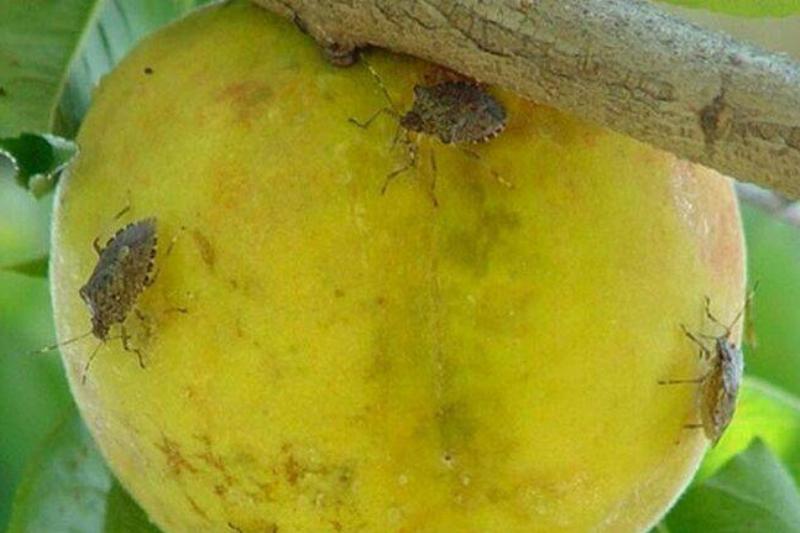
Can’t Wipe Them Out

No hay comentarios:
Publicar un comentario
Comentate algo, no seas amarrrrgo... y si comentás, no nos amargués :D